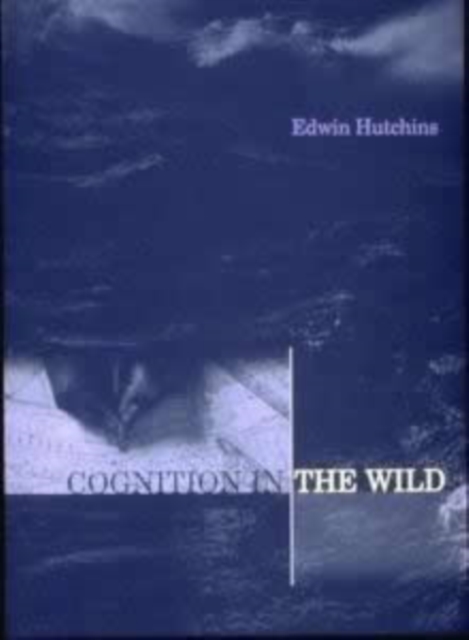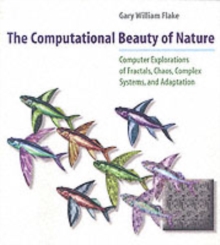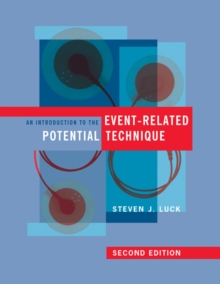
Cognition in the Wild Paperback / softback
by Edwin (University of California, San Diego) Hutchins
Part of the A Bradford Book series
Paperback / softback
Description
Edwin Hutchins combines his background as an anthropologist and an open ocean racing sailor and navigator in this account of how anthropological methods can be combined with cognitive theory to produce a new reading of cognitive science.
His theoretical insights are grounded in an extended analysis of ship navigation-its computational basis, its historical roots, its social organization, and the details of its implementation in actual practice aboard large ships.
The result is an unusual interdisciplinary approach to cognition in culturally constituted activities outside the laboratory-"in the wild."Hutchins examines a set of phenomena that have fallen in the cracks between the established disciplines of psychology and anthropology, bringing to light a new set of relationships between culture and cognition.
The standard view is that culture affects the cognition of individuals.
Hutchins argues instead that cultural activity systems have cognitive properties of their own that are different from the cognitive properties of the individuals who participate in them.
Each action for bringing a large naval vessel into port, for example, is informed by culture: the navigation team can be seen as a cognitive and computational system. Introducing Navy life and work on the bridge, Hutchins makes a clear distinction between the cognitive properties of an individual and the cognitive properties of a system.
In striking contrast to the usual laboratory tasks of research in cognitive science, he applies the principal metaphor of cognitive science-cognition as computation (adopting David Marr's paradigm)-to the navigation task.
After comparing modern Western navigation with the method practiced in Micronesia, Hutchins explores the computational and cognitive properties of systems that are larger than an individual.
He then turns to an analysis of learning or change in the organization of cognitive systems at several scales.
Hutchins's conclusion illustrates the costs of ignoring the cultural nature of cognition, pointing to the ways in which contemporary cognitive science can be transformed by new meanings and interpretations. A Bradford Book
Information
-
Item not Available
- Format:Paperback / softback
- Pages:402 pages
- Publisher:MIT Press Ltd
- Publication Date:26/08/1996
- Category:
- ISBN:9780262581462
Information
-
Item not Available
- Format:Paperback / softback
- Pages:402 pages
- Publisher:MIT Press Ltd
- Publication Date:26/08/1996
- Category:
- ISBN:9780262581462










